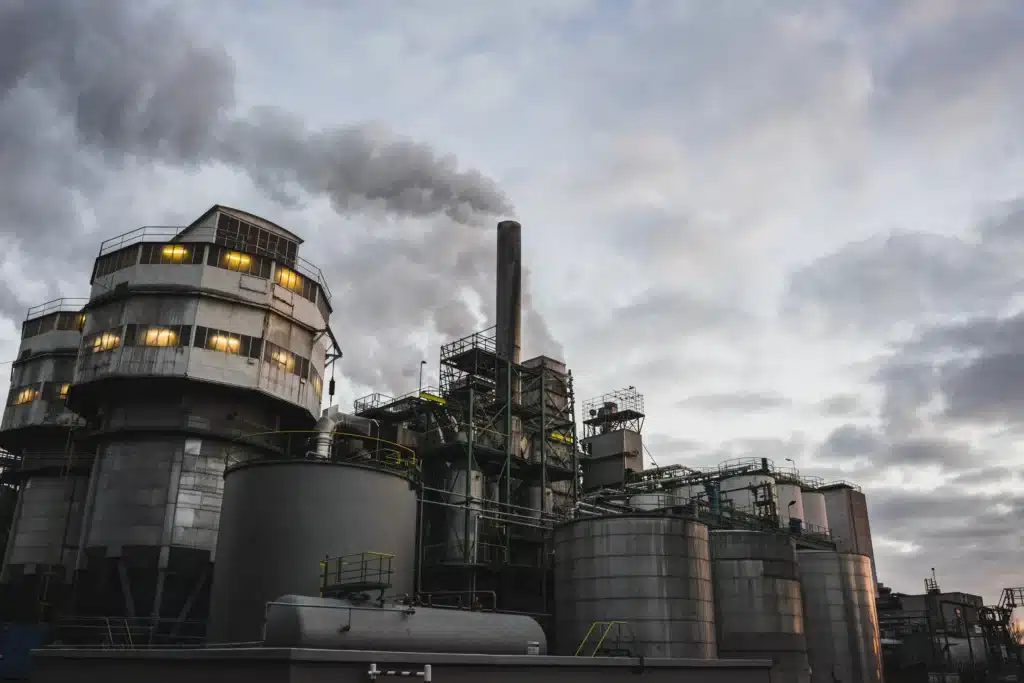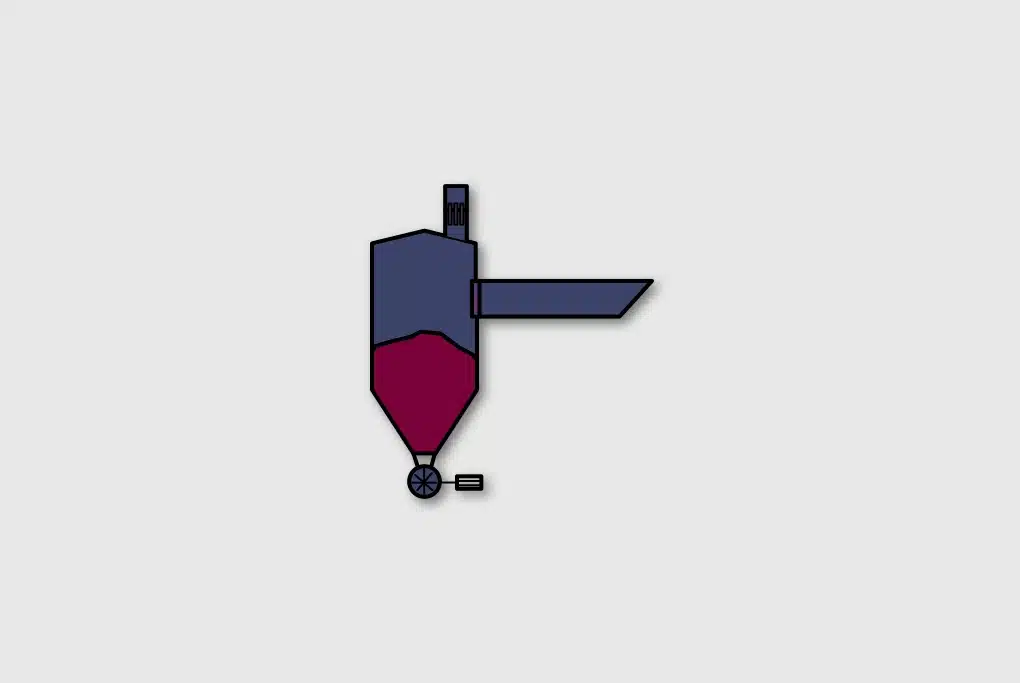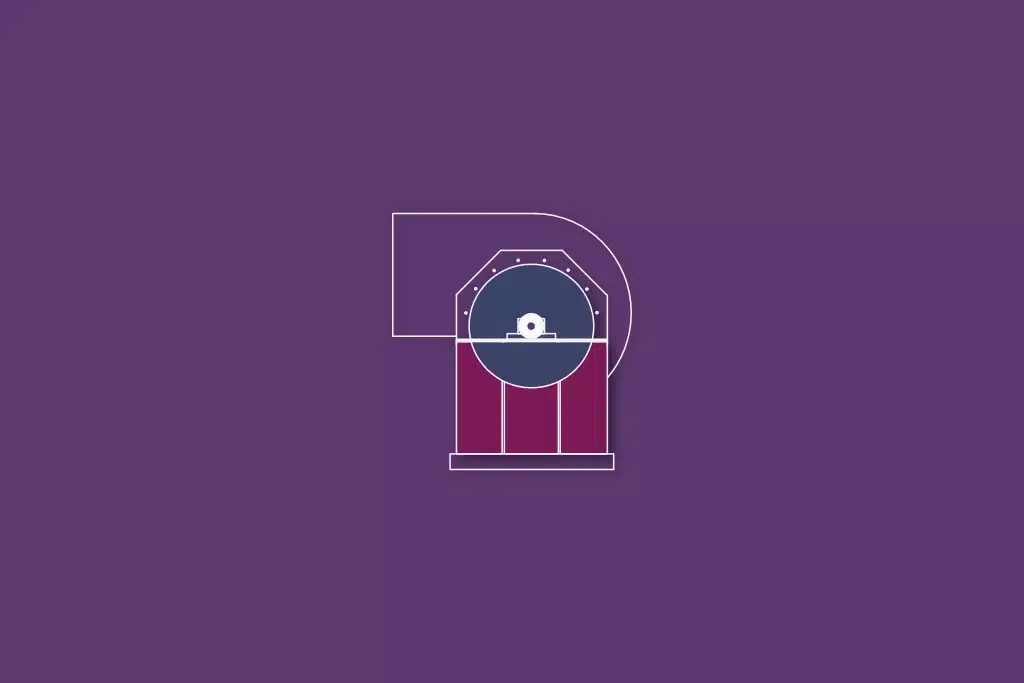What is a DSEAR assessment?
DSEAR stands for the Dangerous Substances and Explosive Atmospheres Regulations 2002 and it is, in essence, a risk assessment.
Dangerous substances can put people’s safety at risk from fires and explosions. DSEAR requires employers and the self-employed to protect employees from these risks to their safety in the workplace, and to members of the general public who may be put at risk by work activity.
When undertaking a DSEAR Assessment, the following ‘how likely’ questions are usually asked: who could be hurt, how severely, and what can be done to prevent accidents, incidents and emergencies?
If you find yourself asking ‘Do I need a DSEAR risk assessment?’, please get in touch and one of our DSEAR experts will guide you through any preliminary questions you may have.

Our DSEAR risk assessments include:
- Full site inspection and risk assessment
- Identification of dangerous substances that may apply under DSEAR
- Hazardous Area Classification drawings (if required)
- Advice on area signage, labelling requirements and control measures
- Guidance on equipment and protective systems
- Basis of Safety for each site process
- A prioritised & realistic action plan to mitigate any risks
- Follow-on support such as bespoke DSEAR training courses
The Sigma-HSE Advantage
Sigma-HSE is your single solution provider for DSEAR assessments and DSEAR compliance. Whether it’s a new design, a review of existing processes during normal operation or a plan to deal with future emergencies or incidents involving dangerous substances, our dedicated team of specialist engineers and process consultants are committed to helping you ensure and maintain compliance without the exorbitant fees and delay to your operations.
We can aid you in complying with the following explosive atmospheres regulations:
- HAC Study (Hazardous Area Classification)
- Dust Hazard Analysis
- Electrostatic Hazard Analysis
- Emergency Relief Sizing
- Basis of Safety
- Emergency Procedures
- Testing for the explosivity/flammability of a potentially dangerous substance or chemical
- DSEAR management systems – maintenance & competence
- Permit to work
- Management of Change
- SOP’s (Standard Operating Procedures)
- DSEAR Risk Assessment Training
- Relevant Safety Data Sheet Guidance
Request a Free Quote
Adhere with explosive atmosphere regulations via a DSEAR risk assessment
Frequently asked questions
What is the focus of DSEAR and DSEAR Regulations?
DSEAR is, in effect, a risk assessment. As part of these assessments of risks, DSEAR requires that a hazard must be present – this is usually the presence of an explosive atmosphere and an effective source of ignition.
The key requirements for complying with the DSEAR regulation revolve around the completion of a thorough risk assessment and the undertaking of a Hazardous Area Classification (HAC).
We aim to provide a coherent focus for the control and controlling fire and explosion risk and risks from:
-
flammable substances with explosive and oxidising properties alongside substances corrosive to metal
-
substances that can create explosive atmospheres
-
controlling work activities involving other substances that could create a fire, explosion or similar energetic (energy releasing) event e.g. runaway exothermic reactions, decomposition of unstable substances, dust explosions.
-
to reduce the occurrence of industrial incidents caused by fires and explosions
What specific areas are considered under DSEAR?
A DSEAR assessment defines hazardous zones as a place where potentially explosive atmospheres may occur or may not occur. This can, for example, include an explosive gas atmosphere in defined hazardous areas.
By defining an explosive atmosphere as a hazardous zone, special safeguards can be created in order to protect businesses, equipment, people, workplace and the environment.
A Hazardous Area Classification is used to identify risks in the places and areas of operation whereby control measures must be put in place i.e. intrinsically safe electrical equipment that conforms with the ATEX equipment directive (if necessary). These classifications ensure safety and will make up an integral part of the DSEAR risk assessment.
What dangerous substances are included under DSEAR regulations?
The Dangerous Substances and Explosive Atmospheres Regulations 2002 (DSEAR) aims to limit incidents and emergencies involving dangerous substances and explosive atmospheres. Dangerous substances, as defined by DSEAR, is any substance in the workplace that could, if not properly controlled, lead to potential hazards when present in explosive atmospheres.
Compliance with DSEAR regulations, therefore, requires that the risks posed by such dangerous substances be removed or controlled to protect people from explosions and fire.
Dangerous substances include a wide variety of materials present in the workplace that can be classified as flammable, explosive or corrosive to metals i.e., gases, mists, vapours or combustible materials such as dust and powders. Examples of potentially dangerous substances found at work include:
- flammable solvents
- bulk powders
- chemical manufacturing
- paints
- flammable gas
- flammable liquids
- dust from machining and sanding operations
- dust from foodstuffs
- pressurised gases
- flammable propellants
- flammable wastes and waste dusts
- liquid petroleum gas
We offer testing services for a variety of flammable and hazardous substances and chemicals including combustible dust & powder testing, flammable gases & vapour testing and electrostatics testing.
The testing of these dangerous substances will aid in characterising, preventing, protecting and mitigating workplace hazards to help you comply with DSEAR regulations.
How often should a DSEAR risk assessment be undertaken?
A DSEAR assessment should always be reviewed if you believe your current DSEAR may be invalid. Although this could include the standardised 3-5 year time frame, it is recommended that a risk assessment review should occur if you have recently had a near miss or if you have made a minor change to your process.
How can Sigma-HSE support you with DSEAR?
Our consultants undertake DSEAR assessments and Hazardous Area Classifications in a holistic way to eliminate fire and explosion risks that cover employees and non-employees across UK sites.
By implementing best practices by the Health and Safety Executive (HSE), our actionable insights determine what practicable control measures and recommendations should be made for your company to optimise safety and reduce the level of risk to people, business, workplace and environment. This also includes specialist DSEAR training.




